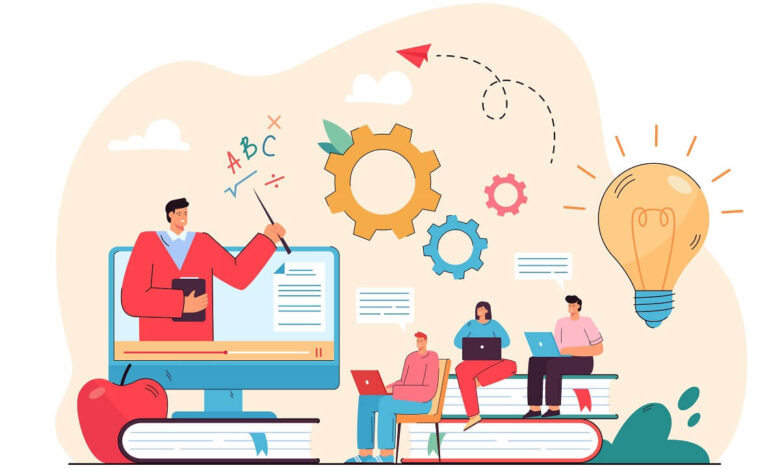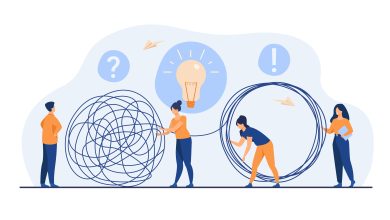EdTech is a Growth Enabler & a Much-Needed Upgrade

The EdTech industry is surely a growth enabler and a much-needed upgrade for the education sector in India. With the sudden outbreak of the COVID-19 pandemic, all human activity was severely disrupted. The education sector, however, transitioned to online mode with many students attending online classes or classes on digital platforms – the EdTechs. The EdTech industry saw a substantial surge in the number of user registrations amid the pandemic. Notable EdTech giant BYJU’S has seen 150% growth in their user base in both segments – paid and free, with 57 million registered students and 3.5 million premium users. The platform currently boasts 80 million free users and 5.5 million paid users, with more on the way!
EdTech as a Growth Enabler & a Much-Needed Upgrade for the Education Sector:
The rise of EdTech has opened up a world of possibilities for students. Nonetheless, it was the global pandemic that had shown the importance of digital learning as a proactive alternative to traditional learning. The purpose of EdTech platforms is to democratize education by providing future-ready skilled learners who can compete with the best minds in the world.
While a substantial number of students shifted to online learning, there was a significant digital gap. Many students experienced setback due to a lack of devices and access to internet connection. EdTech, as a growth enabler and much-needed upgrade, must collaborate with governments and telecom providers in addressing these gaps and also come up with more flexible and robust learning and teaching methods.
New approaches are the Key to Tailoring Learning Experiences:
EdTech is without a doubt the future of education. New approaches are the key to tailoring learning experiences. Creating a learning environment is the main focal point of the EdTech industry. Approaches such as progress reports and real-time engagement enhance effective learning. Assessments are an excellent way to monitor the progress of the students, whereas personalized learning allows students to focus on subjects that require more attention. Several EdTechs including BYJU’S, the world’s second most valued EdTech, have implemented gamification and animated video lessons to make learning more enjoyable and effective.
Quality Education | Flexibility and Reach:
With the rise of EdTech in India, education for all has become a reality. You can now learn anything from anywhere in the world with just your phone or computer. With effective learning and quality education, EdTech is now all set to take up the huge responsibility of transforming students into critical thinkers and highly-skilled human resources.
The National Education Policy of India, 2020 was in for a lot of praise when it addressed the concerns of the rigid program and allowed more flexibility to students in the choice of subjects in their education. The government has also stepped forward and implemented online courses from leading academic institutions in India. Platforms such as NPTEL (National Programme on Technology Enhanced Learning), DIKSHA (Digital Infrastructure for School Education and Indian), PM eVIDYA for DTH channels, and MOOCs platform SWAYAM provide online courses in various languages.
Non-government platforms have a much larger audience than govt. platforms. They are well-known for their up-to-date technology and innovative learning method. BYJU’S, Unacademy, Toppr, etc., have a wider base in terms of users; and with the unforeseen pandemic, the platforms saw rapid growth.
Education Scenario in the Post Pandemic World:
Even in the post-pandemic world, both government and private sectors must work together to ensure that all students get quality education. EdTech will be a significant enabler in this effort. Upgraded technology, personalized learning (to match student’s abilities and interests), well-trained teachers and staff to guide students are all important considerations. Parent-teacher interaction and communication between students and teachers will aid students in adjusting to social life as well. A blended form of education which has the best features of both online learning and offline learning will be the way forward.





